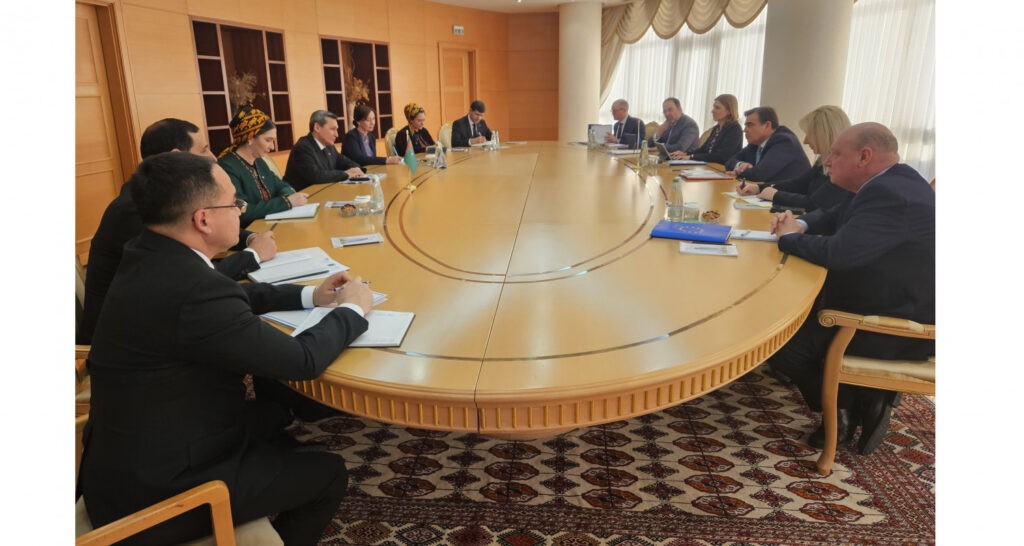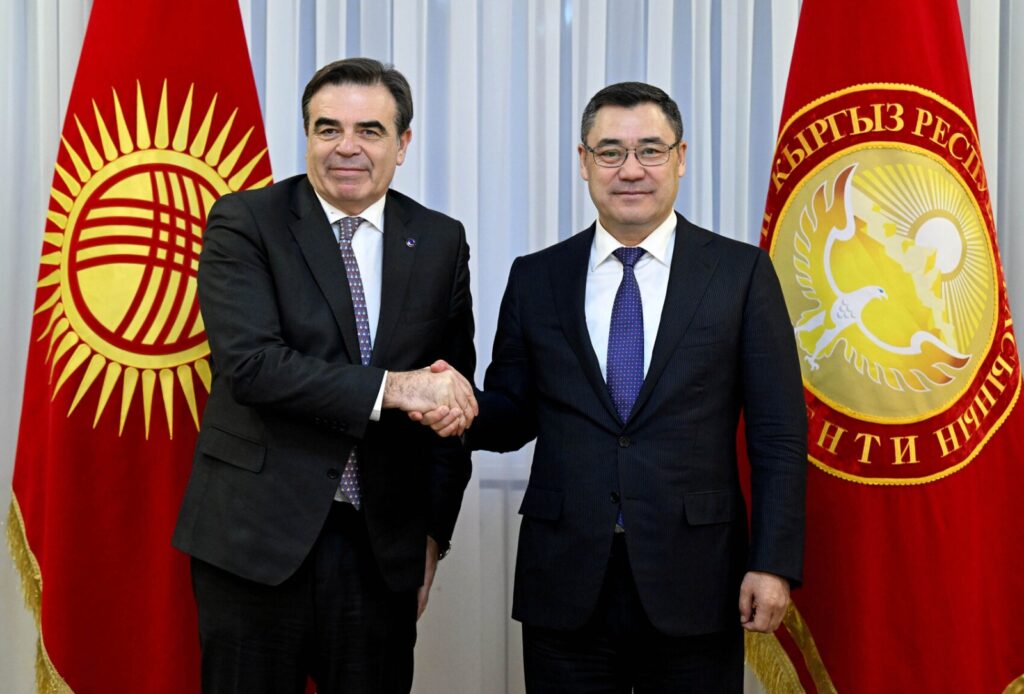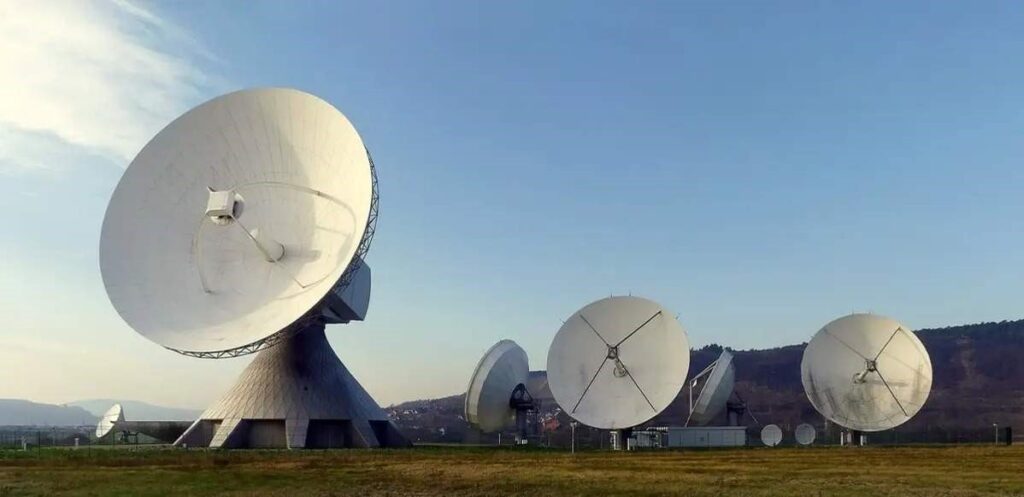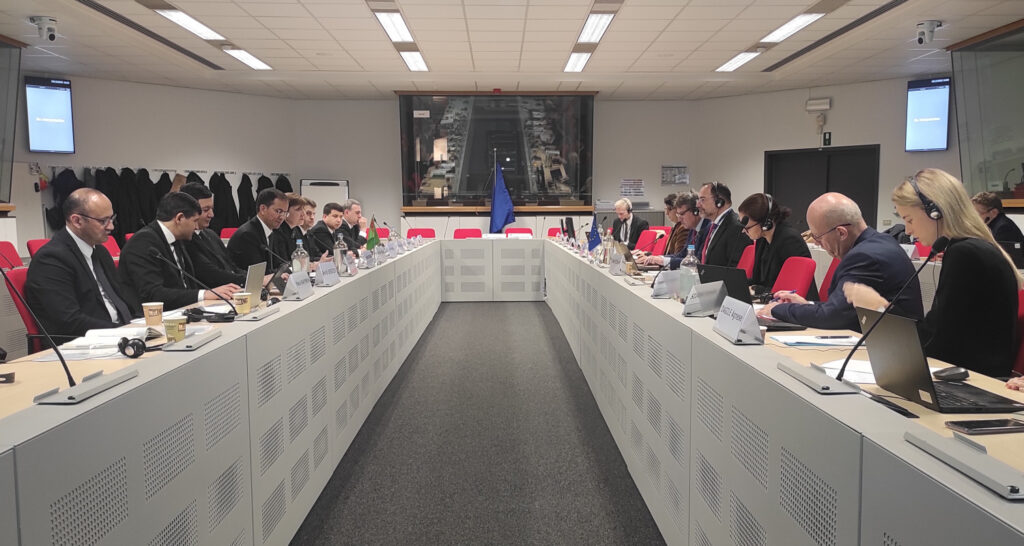European Commission Vice-President’s Visit a “New Impetus” to EU-Turkmenistan Relations
On January 17th, a delegation from the EU led by the Vice-President of the European Commission, Margaritis Schinas visited Turkmenistan as part of its wider tour of Central Asia, with Kazakhstan, Kyrgyzstan, and Uzbekistan being their previous stops. The visit comes ahead of the Europe-Central Asia Investors Forum, which aims at strengthening connectivity by developing transport routes within and between Central Asia and the European Union. It is also a testament to the growing partnership between the EU and the region, said the Delegation of the EU to Turkmenistan. In Ashgabat, Schinas met with the President of Turkmenistan, Serdar Berdimuhamedov, and the Deputy Chairman of the Cabinet of Ministers and Minister of Foreign Affairs, Rashid Meredov. At the meeting, key issues such as cooperation in the EU-Central Asia format, the engagement of Central Asian countries in the EU Global Gateway initiative, and the participation of Turkmenistan in the upcoming Investors Forum were discussed. Schinas welcomed Turkmenistan’s efforts in the process of its accession to the World Trade Organization and its commitment to becoming a member of a multilateral trading system, and congratulated Turkmenistan for joining the Global Methane Pledge at COP28 in Dubai. He also underscored the EU's commitment to human rights as a fundamental principle and commended Turkmenistan's engagement in the Annual Human Rights Dialogue. At a press briefing following the visit, Schinas said “I am proud to be the first Commissioner to visit Turkmenistan since the beginning of this European Commission five years ago. Turkmenistan is an important partner of the EU in Central Asia. My visit was an opportunity to discuss Global Gateway, the EU’s main investment strategy with partners worldwide. The Global Gateway is about investing in our mutual interests, and is ideally suited to Central Asia given that it is already the world’s gateway between East and West. It was also an occasion to give new impetus to EU-Turkmenistan relations across the board.”






